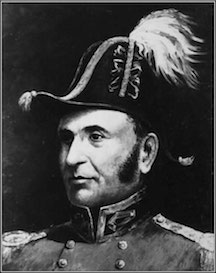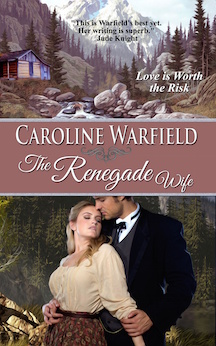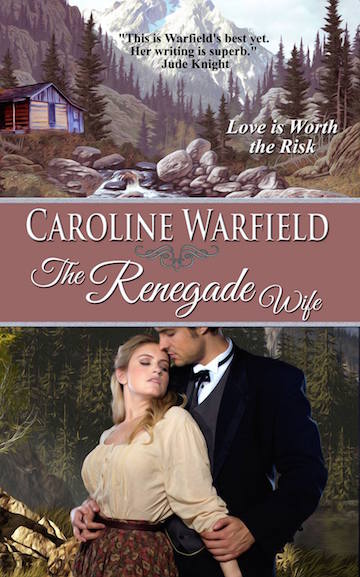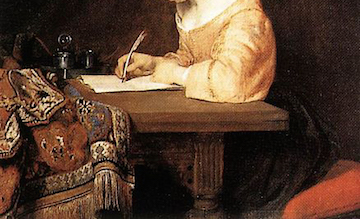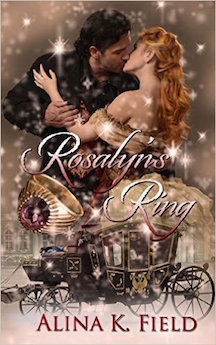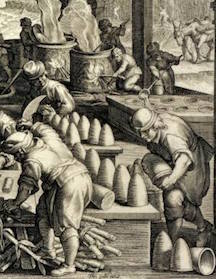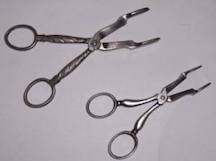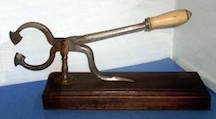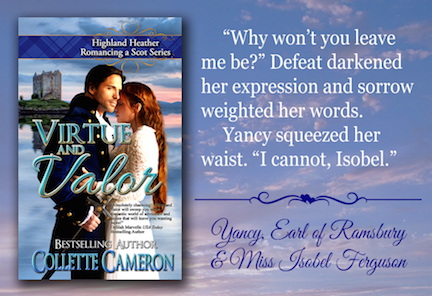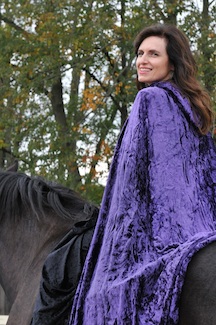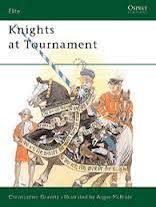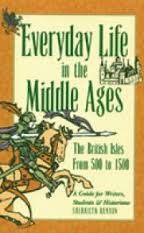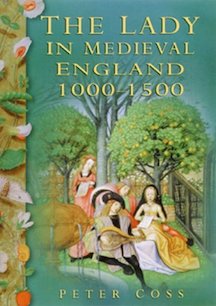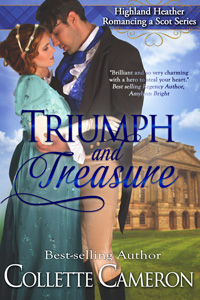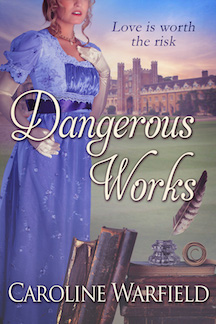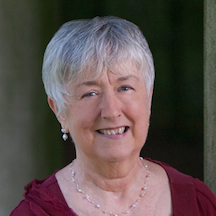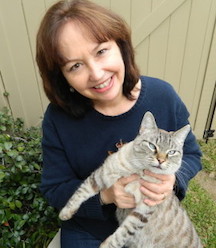Map of Calcutta 1842, Government House to the left of the maidan
Government Houses
by Caroline Warfield
The Raj Bhavan, or Government House, dominates spacious grounds overlooking Calcutta’s maidan, a vast open park originally set aside for a military parade ground, in the vicinity of Fort William. Now the official residence of the Governor of West Bengal, its roots like deep in the history of English rule.
When Richard Wellesley, 1st Marquess Wellesley and older brother to the Duke of Wellington arrived in India as Governor General of Bengal in 1798 he discovered that his living quarters consisted of rented space on land formerly belonging to the Nawab of Chitpur. He found the situation unsuitable. Wellesley believed Bengal should be ruled from a palace, a visible seat of English power—and his own consequence. He initiated plans for such a structure soon after his arrival. The project would take over four years to complete and cost well over $4.5 million in today’s dollars.
The Bengal Presidency employed a civil engineer at the time, an Italian named Edward Tiretta. Wellesley gave responsibility for the design to a captain in the Bengal engineers, Charles Wyatt. Wyatt’s work had been primarily military, but he was, in fact, a member of a well-known family of architects. His uncle, Samuel Wyatt, had been Robert Adams’s clerk of works in the building of Kedleston Hall in Derbyshire, home of he Curzon family, some years before, before going on to a number of major projects on his own.
Wyatt’s design, a central block with pavilions linked to the center by curving corridors, derived directly from the Kedleston plan, but on a grander scale to conform with Wellesley’s notions of imperial power. The expansive wings (four to Kedleston’s two) allowed good ventilation in the tropical climate and views of the twenty-seven acre park surrounding it. By 1802 the palace could be used for entertaining.
The interior of the central block included a throne room with a throne for Wellesley, council rooms, and banqueting halls. Even the drawing rooms were renowned for opulence and beauty. When Clare, heroine of my novel The Reluctant Wife, arrived for a ball in 1835 in what she had been told was one of the smaller salons, her thought was “The rest of this place must stagger visitors.”
That is precisely what Wellesley intended. From the massive facade to the four gates over which bronze lions prowled as if guarding British sovereignty, the place declared the relationship between overlord and subjects more eloquently than any document could.
In 1803, Wellesley took up residence. His educational projects and commercial policies—and likely his unauthorized building project as well—brought him into frequent conflict with the East India Company directors. He resigned in 1805, leaving Calcutta with a magnificent building.
When power in India transferred from the East India Company to the British Crown in 1858, the house became the residence of the Viceroy of India. When the capital of India was moved from Calcutta to Delhi in 1911, the house became the residence of the Lieutenant Governor of Bengal. Since Independence in 1947 it has been the official residence of the Governor of West Bengal. English power is gone; the house remains.
For more information:
“Government House, Calcutta.” Projects; The Association of Commonwealth Archivists and Records Managers, posted October 22, 2012. http://www.acarm.org/view.asp?ItemID=3&tname=tblComponent3&oname=Projects&pg=activities&opt=projects
“South East view of the New Government House ,Calcutta,” Online Gallery, The British Library. http://www.bl.uk/onlinegallery/onlineex/apac/other/019pzz000003101u00000000.html
Symons, N.V.H. The Story of Government House, Bengal Government Press, 1935. http://rajbhavankolkata.nic.in/html/storyofgovhouse.htm
About The Reluctant Wife
When all else fails, love succeeds…
Captain Fred Wheatly’s comfortable life on the fringes of Bengal comes crashing down around him when his mistress dies, leaving him with two children he never expected to have to raise. When he chooses justice over army regulations, he’s forced to resign his position, leaving him with no way to support his unexpected family. He’s already had enough failures in his life. The last thing he needs is an attractive, interfering woman bedeviling his steps, reminding him of his duties.
All widowed Clare Armbruster needs is her brother’s signature on a legal document to be free of her past. After a failed marriage, and still mourning the loss of a child, she’s had it up to her ears with the assumptions she doesn’t know how to take care of herself, that what she needs is a husband. She certainly doesn’t need a great lout of a captain who can’t figure out what to do with his daughters. If only the frightened little girls didn’t need her help so badly.
Clare has made mistakes in the past. Can she trust Fred now? Can she trust herself? Captain Wheatly isn’t ashamed of his aristocratic heritage, but he doesn’t need his family and they’ve certainly never needed him. But with no more military career and two half-caste daughters to support, Fred must turn once more—as a failure—to the family he let down so often in the past. Can two hearts rise above past failures to forge a future together?
Excerpt
Clare had stopped listening. A prickle of awareness drew her gaze to the entrance where another man entered. He stood well above average height, he radiated coiled strength, and her eyes found his auburn hair unerringly. Captain Wheatly had come. The rapid acceleration of her heart took her off guard. Why should I care that he’s here?
“Clare? The lieutenant asked you a question.”
Lieutenant? Clare blinked to clear her head, only to see Mrs. Davis’s icy glare turned on Captain Wheatly. “Is that your strange captain from the black neighborhood?” she demanded in a faux whisper.
The lieutenant’s avid curiosity added to Clare’s discomfort. “Is that Wheatly in a captain’s uniform? I thought they might demote him after the business with Cornell,” he volunteered.
Clare forced herself to turn to the lieutenant. “Cornell?” she asked to deflect Mrs. Davis’s questions.
“Collector at Dehrapur. Wheatly assaulted the man. Unprovoked, I heard,” the lieutenant answered.
She looked back, unable to stop herself. Merciful angels, he’s seen me. She watched the captain start toward them. At least Gleason could make introductions.
The lieutenant went on as though he had her full attention. “He was in line for promotion, the one that went to your brother instead. Philip posted over there right after it happened.”
Clare found it impossible to look away. The captain gave an ironic smile when he saw her watching. Mrs. Davis gave a sharp intake of breath when she realized Wheatly’s intent. “He’s coming here? Clare, I think I should warn you that a man who has been passed over as this one was—”
Before she could finish, Colonel Davis, who had been coming from the other direction, met the captain and greeted him with a smile. Clare couldn’t hear the words, but Captain Wheatly’s self-deprecating grin seemed to indicate at least a modicum of respect. The two men approached together.
“Captain Frederick Wheatly, may I present my wife, Mrs. Davis.” The captain bowed properly, and the colonel went on, “And our house guest, Miss Armbruster.”
This time the captain’s eyes held a distinct twinkle. “Miss Armbruster and I are acquainted. I met her when she visited her brother in Dehrapur.”
“Of course, of course! I should have remembered,” the colonel said jovially. He leaned toward Clare and winked. “He’s a catch, this one. Doesn’t like to boast of his connections, but earls and dukes lurk in his pedigree. His cousin stepped down from Under-Secretary for War and the Colonies just last year!”
Captain Wheatly looked discomfited by that revelation.
Gleason looked skeptical. “The Duke of Murnane?” he gasped.
Before anyone could answer, the small orchestra hired for the occasion began to play, and the captain cocked an eyebrow as if to ask a question.
“I think the captain wants a dance, Miss Armbruster. It’s your patriotic duty to see to the morale of the troops,” the colonel said coyly.
Captain Wheatly put out a gloved hand, and she put her equally gloved hand in his. Walking away from Gleason and the Davises, she admitted two things to herself. She was glad he came, and she planned to enjoy the dance.
Children of Empire
Three cousins, torn apart by lies and deceit and driven to the far reaches of the empire, struggle to find their way home.
Giveaway
Caroline will give a kindle copy of The Renegade Wife, Book 1 in the series, to one person who comments. She is also sponsoring a grand prize in celebration of her release. You can enter it here: http://www.carolinewarfield.com/2017blogtourpackage/
The prequel to this book, A Dangerous Nativity, is always **FREE**. You can get a copy here: http://www.carolinewarfield.com/bookshelf/a-dangerous-nativity-1815/
About the Author
Caroline Warfield has been many things (even a nun), but above all she is a romantic. Having retired to the urban wilds of eastern Pennsylvania, she lets her characters lead her to adventures while she nudges them to explore the riskiest territory of all, the human heart. She is a regular contributor to History Imagined and to The Teatime Tattler, a blog in the shape of a fictional nineteenth century scandal sheet.
Her current series, Children of Empire, is set in the early Victorian era and focuses on three cousins, driven apart by lies and deceit, who must find their way back from the distant reaches of the empire. The second book in the series, The Reluctant Wife, set in India and England, will be released April 26.
Click here to find out more about her books.
Website • Amazon Author • Good Reads • Facebook • Twitter • Email






![John By [Source: By, John, 1832. Unknown Artist, Kingston Picture Collection, Queen’s University Archives, accession number V23 P-58]](https://susanaellisauthor.blog/wp-content/uploads/2016/10/1-copy.jpg?w=714)
![First Camp at Bytown By John By [Public domain], via Wikimedia Commons](https://susanaellisauthor.blog/wp-content/uploads/2016/10/2-copy.jpg?w=714)
![Entrance of the Rideau Canal at Bytown, 1839, By Ainslie, Henry Francis 1803-1879 [Public domain], via Wikimedia Commons](https://susanaellisauthor.blog/wp-content/uploads/2016/10/3-copy.jpg?w=714)

